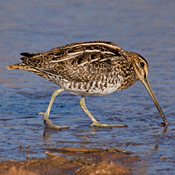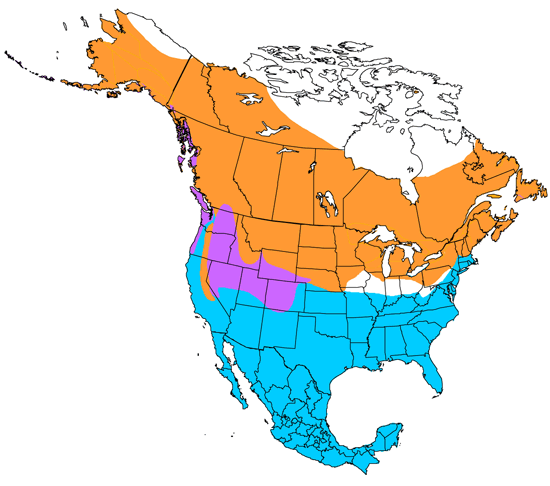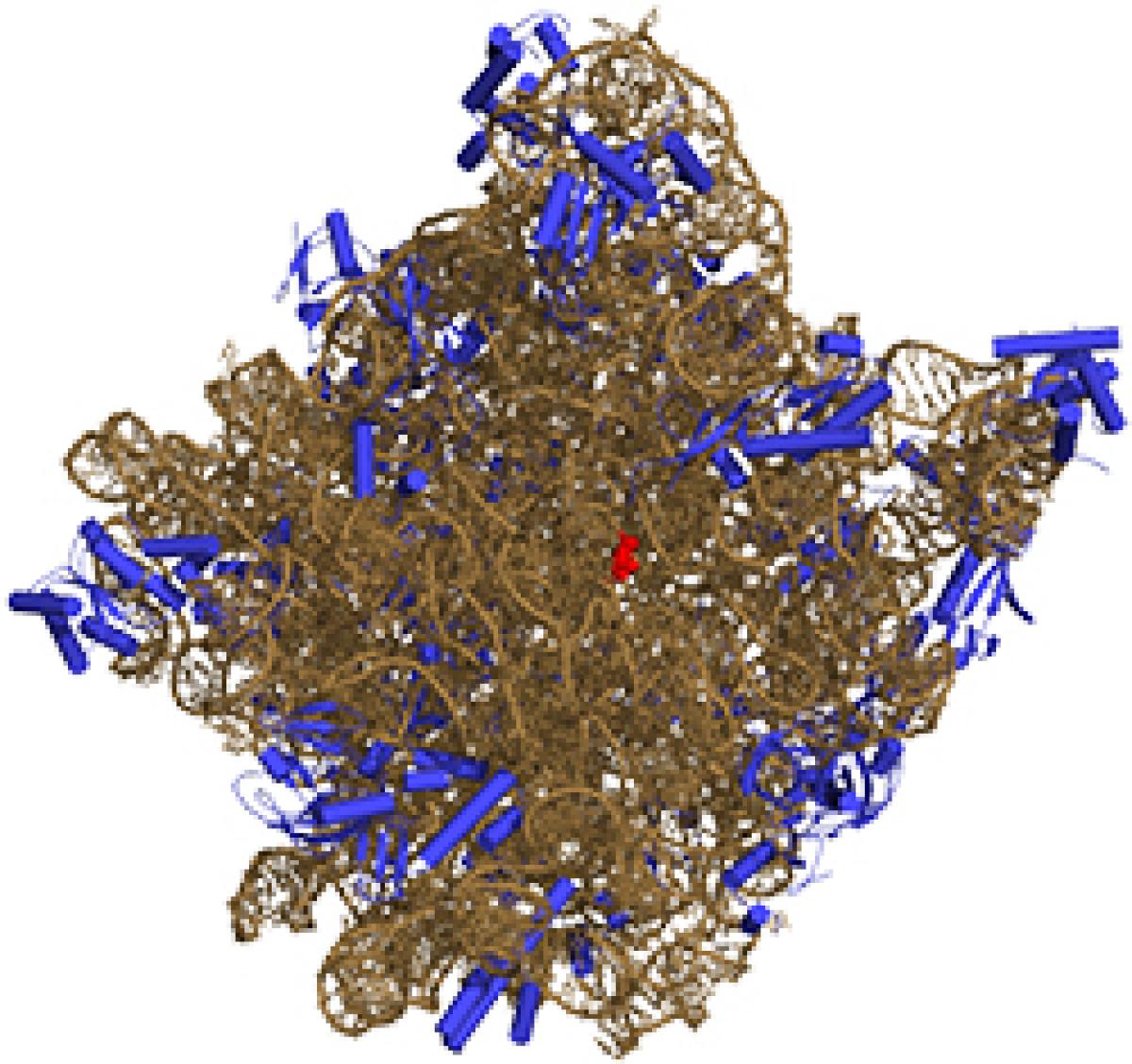Wilson's Snipe
Gallinago delicata

Sandpiper Like

Length: 10 in. (26 cm )
A common but often secretive species, this snipe feeds alone in low dense marsh grass and only rarely ventures out into the open. It probes wet mud with its long, flexible bill to catch insects and other invertebrates. The nest is made of moss and fine grass and placed on the ground where it is concealed by dense wet vegetation. In the spring and summer, and occasionally on the wintering grounds, the male repeatedly flies high in to the sky and dives toward the ground with its tail feathers spread to make a distinctive and peculiar \winnowing\ sound.
The four-digit banding code is WISN.
Bibliographic details:
- Article: Wilson's Snipe
- Author(s): Dr. Biology
- Publisher: Arizona State University School of Life Sciences Ask A Biologist
- Site name: ASU - Ask A Biologist
- Date published:
- Date accessed:
- Link: https://askabiologist.asu.edu/activities/bird/wilsons-snipe
APA Style
Dr. Biology. (). Wilson's Snipe. ASU - Ask A Biologist. Retrieved from https://askabiologist.asu.edu/activities/bird/wilsons-snipe
Chicago Manual of Style
Dr. Biology. "Wilson's Snipe". ASU - Ask A Biologist. . https://askabiologist.asu.edu/activities/bird/wilsons-snipe
Dr. Biology. "Wilson's Snipe". ASU - Ask A Biologist. . ASU - Ask A Biologist, Web. https://askabiologist.asu.edu/activities/bird/wilsons-snipe
MLA 2017 Style
Be Part of
Ask A Biologist
By volunteering, or simply sending us feedback on the site. Scientists, teachers, writers, illustrators, and translators are all important to the program. If you are interested in helping with the website we have a Volunteers page to get the process started.



